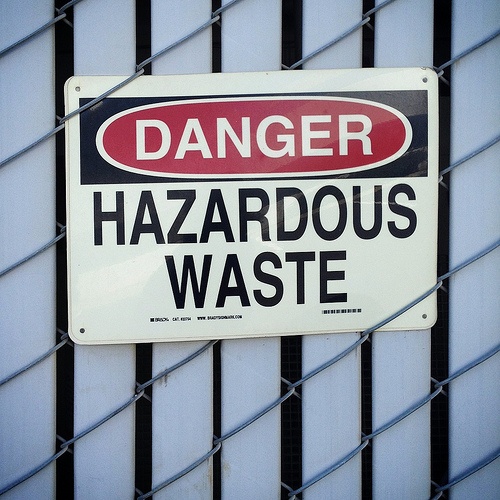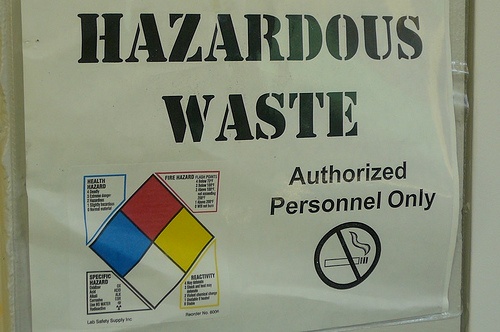Activists and politicians have long argued that potential punishments might be treated as a cost of doing business, and if that cost is low enough compared with the cost of compliance that some organizations may choose to ignore the requirements and take their chances. This possibility grows over time, if nominal penalty levels are left unchanged while inflation effectively reduces them.
To counteract inflationary erosion of these the effects of inflation, for the past quarter century U.S. federal law has directed most agencies to make periodic “cost of living” adjustments to maximum available civil penalty levels (there are no provisions for standing periodic adjustments to criminal penalties). The first version of this approach was enacted by the Federal Civil Penalties Inflation Adjustment Act of 1990, which directed the President to report annually on any adjustments made under existing statutory authority, and to calculate what such adjustments would have been if more agencies had the authority to make them.
How Has The Act Worked Since 1996?
Congress amended the Act in 1996 to authorize and require most agencies to make inflation adjustments every four years. The exceptions precluded cost of living adjustments to penalties under the following:
Read More









